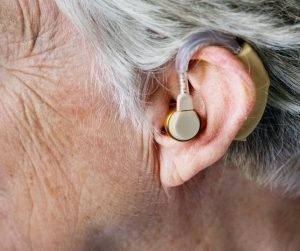Plus, five ways health care professionals can implement patient-centred care with nursing home residents.
Caring for the elderly requires two important aspects: firstly, taking a coordinated approach. This means geriatricians, GPs, nursing staff and other allied health professionals all working together to help achieve the best health outcomes for aged care residents.
And, secondly, health care professionals providing person-centred care. Research describes this as “a novel approach to health that puts personal values and preferences at the forefront of decision-making”.
By taking this type of holistic approach, we can provide health care that is considered and respectful of each patient’s physical, mental and emotional circumstances, including their religious beliefs and cultural sensitivities.
Having established a person’s needs and strengths; the ‘SMART’ principles provide a useful guide to achieving the best possible care for nursing home residents. This focuses on health care being;
- Specific;
- Measurable;
- Attainable;
- Realistic; and
- Timely
Although the SMART principles are a good framework, they should always be applied in a way that is responsive to each individual’s needs. Above all, goals must be person-centered and developed with as much participation as possible from the individual.
There are many easy ways health care professionals can establish trusting relationships with aged care residents. As a result, residents and their families are empowered to better understand their wellbeing and be more involved in their health care journey. The American Holistic Nurses Association suggests measures like:
- Asking how a patient is feeling and sincerely caring about their reaction;
- Taking time to educate patients on the importance of self-care;
- Exploring non-pharmacological methods of pain control such as imagery and relaxation techniques;
- Encouraging patients and assisting as needed with alternative treatment modalities such as massage, aromatherapy or music; and
- Asking if patients have certain religious, cultural or spiritual beliefs; and being sensitive and accepting if they do.
By preserving a patient’s dignity and taking a holistic approach to their health care, we can enhance a person’s health experience and, ultimately, improve quality of life during their twilight years.
After all, aged care is not just about acute treatment, but also preventative and follow-up care that has a person’s whole-body health in mind.
To find out more about healthy ageing, caregivers, dementia, mobility and nursing homes visit our comprehensive Resource Library.








